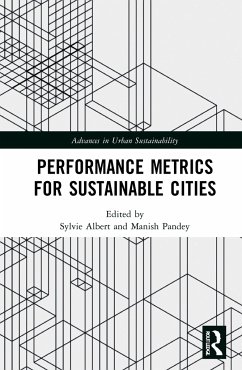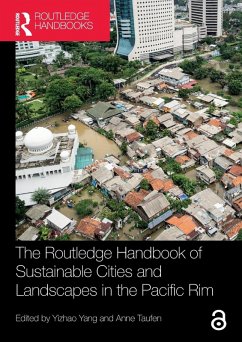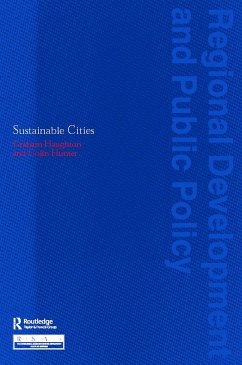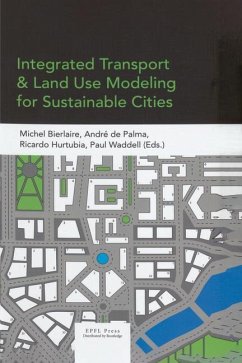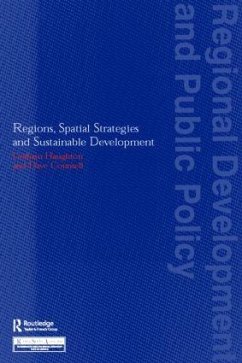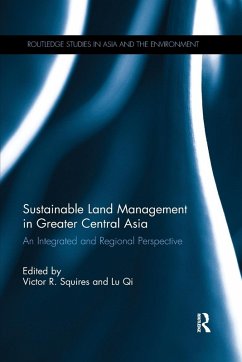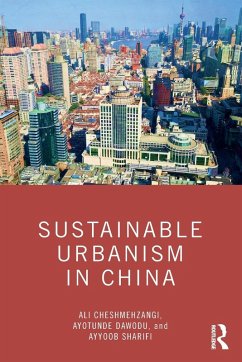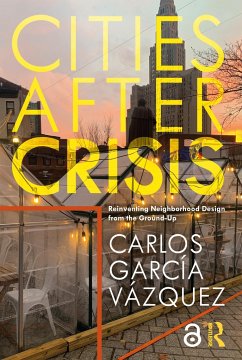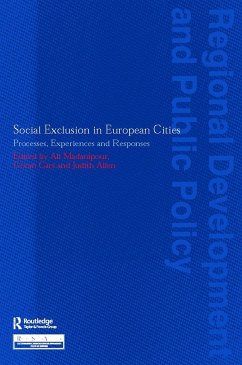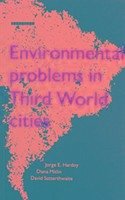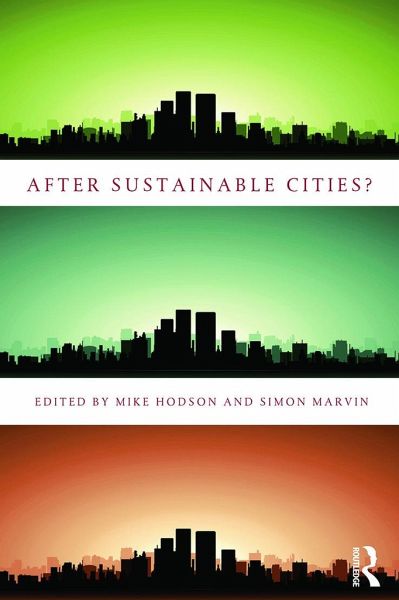
After Sustainable Cities?

PAYBACK Punkte
32 °P sammeln!
After Sustainable Cities provides the reader with the first comprehensive, critical and comparative analysis of the new eco-logics reshaping conventional sustainable cities discourse. It brings together leading researchers on smart cities, green growth, resource flows, vulnerability and resilience, ecological security and climate change who critically examine how these new eco-logics are reshaping the environmental priorities of cities in both the global north and south. Each chapter carefully considers what these new logics do to the original precepts of sustainable cities and identify what s...
After Sustainable Cities provides the reader with the first comprehensive, critical and comparative analysis of the new eco-logics reshaping conventional sustainable cities discourse. It brings together leading researchers on smart cities, green growth, resource flows, vulnerability and resilience, ecological security and climate change who critically examine how these new eco-logics are reshaping the environmental priorities of cities in both the global north and south. Each chapter carefully considers what these new logics do to the original precepts of sustainable cities and identify what sort of city is now emerging. After Sustainable Cities provides a warning that a much darker more technologically driven and narrowly constructed economic agenda is driving ecological policy and weakening previous commitment to social justice and equity.





